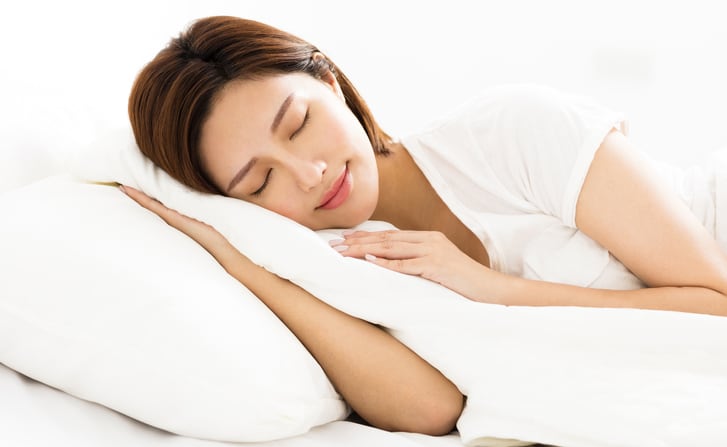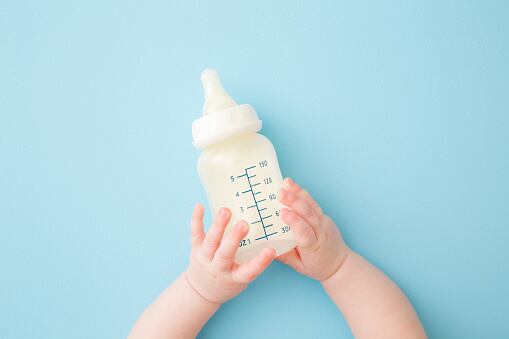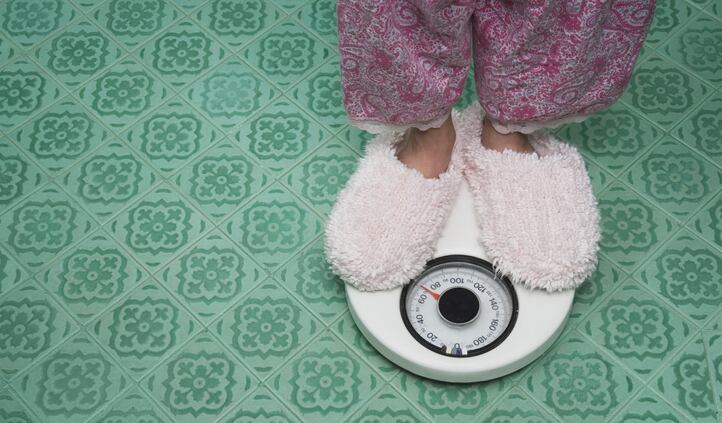Writing in Nutrients, the RCT was conducted by researchers from Seoul National University, Kyung Hee University, Eulji University and Navipharm – the company which supplied the probiotic mixture.
Navipharm has also developed the probiotic mixture known as NVP-1703. The probiotic mixture was shown to be a potential treatment for allergic rhinitis and has been commercialised for use as a Health Functional Food (HFF).
In the current RCT, 156 healthy adults aged 19 to 65 with subclinical symptoms of depression, anxiety, and insomnia were randomised to receive either the probiotic mixture or a placebo.
The name of the probiotic mixture used is NVP-1704.
Each 500 mg capsule of NVP-1704 contained 2bn CFU of Lactobacillus reuteri NK 33 and 500m CFU of Bifidobacterium adolescentis NK98.
The subjects had to take two capsules of the probiotic mixture or placebo once per day for eight weeks.
The purpose of the trial was to find out the probiotic’s effects in improving stress, depression, anxiety, and sleep disturbances, along with the measurement of key blood biomarkers.
To measure the changes, all participants had to complete self-report questionnaires regarding their symptoms of stress, depression, and anxiety pre-trial, during week four and eight of the trial.
Blood biomarkers and gut microbiome analysis on faecal samples was also carried out.
Data of 122 participants, equivalent to 78.2 per cent of the enrolled participants – 63 from experiment group and 59 from control group – was eventually included for the analysis.
This research was funded by the Technology Development Program of the Ministry of SMEs and Startups and the Medical Research Program of the National Research Foundation of Korea.
NutraIngredients-Asia understands that NVP-1704 is currently waiting for approval from South Korea’s Ministry of Food and Drug Safety (MFDS) for use in a Health Functional Food.
Sleep improved from baseline
The probiotic group reported a significant decrease in PSQI and ISI score after the trial, but this was not seen in the placebo group.
PSQI refers to the Pittsburgh Sleep Quality Index (PSQI), while ISI refers to Insomnia Severity Index. Both measure subjective sleep quality and symptoms of insomnia.
Significant improvements were seen in the PSQI and ISI scores in the probiotic group, researchers wrote.
“The control group did not show any statistically significant improvement in either the PSQI or ISI scores at the third and final visits. In contrast, the experimental group exhibited significant reductions in both the PSQI and ISI scores at the final visit.”
“To the best of our knowledge, our work is the first study to report a significant decrease in insomnia symptoms, measured using both the PSQI and ISI scales, which is attributable to probiotic treatment.
“A recent review of randomised controlled trials regarding the effects of probiotics on sleep reported that only a few studies revealed meaningful improvements in the PSQI score, whereas no positive changes were observed on other subjective sleep scales,” said the researchers.
Findings on depressive, anxiety symptoms
Both groups reported significant decrease in depressive symptoms, but the decrease was greater in the probiotic group.
“We observed a significant decrease in depressive symptoms in both study groups at both four and eight weeks of intervention.
“Of note, those taking the NVP-1704 exhibited a greater decline in the BDI-II score compared to those on the placebo, at both the third and final visits,” said the researchers.
BDI-II refers to Beck Depression Inventory-II and is a self-report measure of depression.
As for anxiety symptoms, the probiotic group saw a significant decrease from baseline at week four of the study.
Gut microbiome change
The probiotic group had a gut microbiota composition with reduced ratios of Enterobacteriaceae to Bifidobacteriaceae and Enterobacteriaceae to Lactobacillaceae, which could be associated with better mental health.
There was also a significant increase in Bifidobacteria, including Bifidobacterium unclassified and Bifidobacterium pseudolongum strains, in the gut microbiota composition of the probiotic group.
As the researchers did not observe any difference in the dietary patterns of the two study groups, they believe that these microbiota changes in the probiotic group was due to the effects of the probiotic intervention.
Source: Nutrients
Effects of Probiotic NVP-1704 on Mental Health and Sleep in Healthy Adults: An 8-Week Randomized, Double-Blind, Placebo-Controlled Trial
https://doi.org/10.3390/nu13082660
Authors: Yoon, et al





